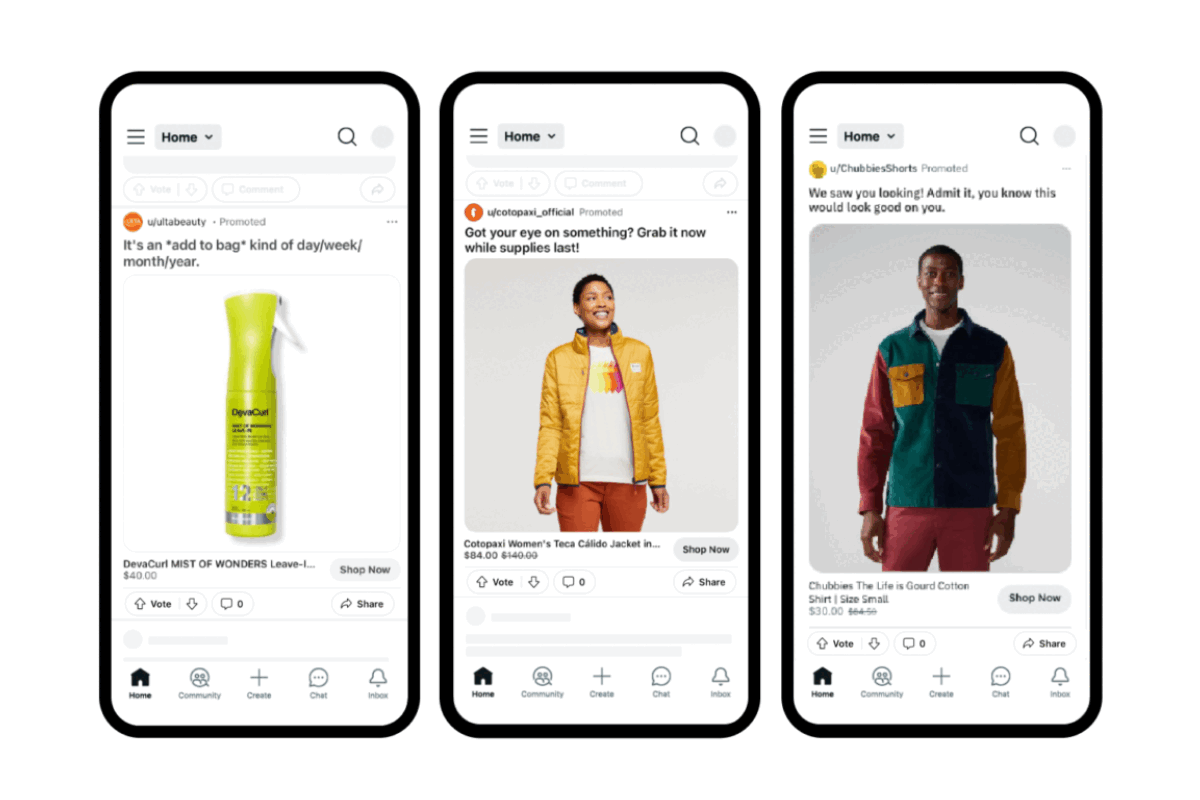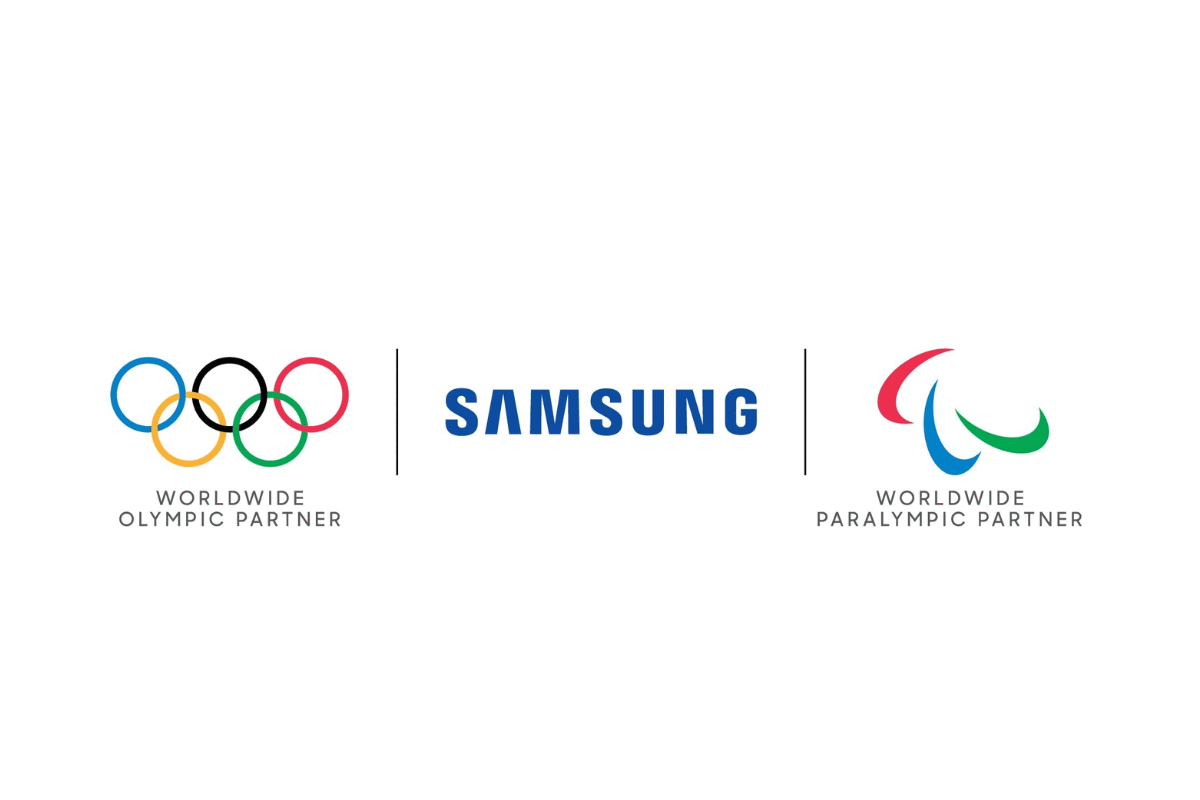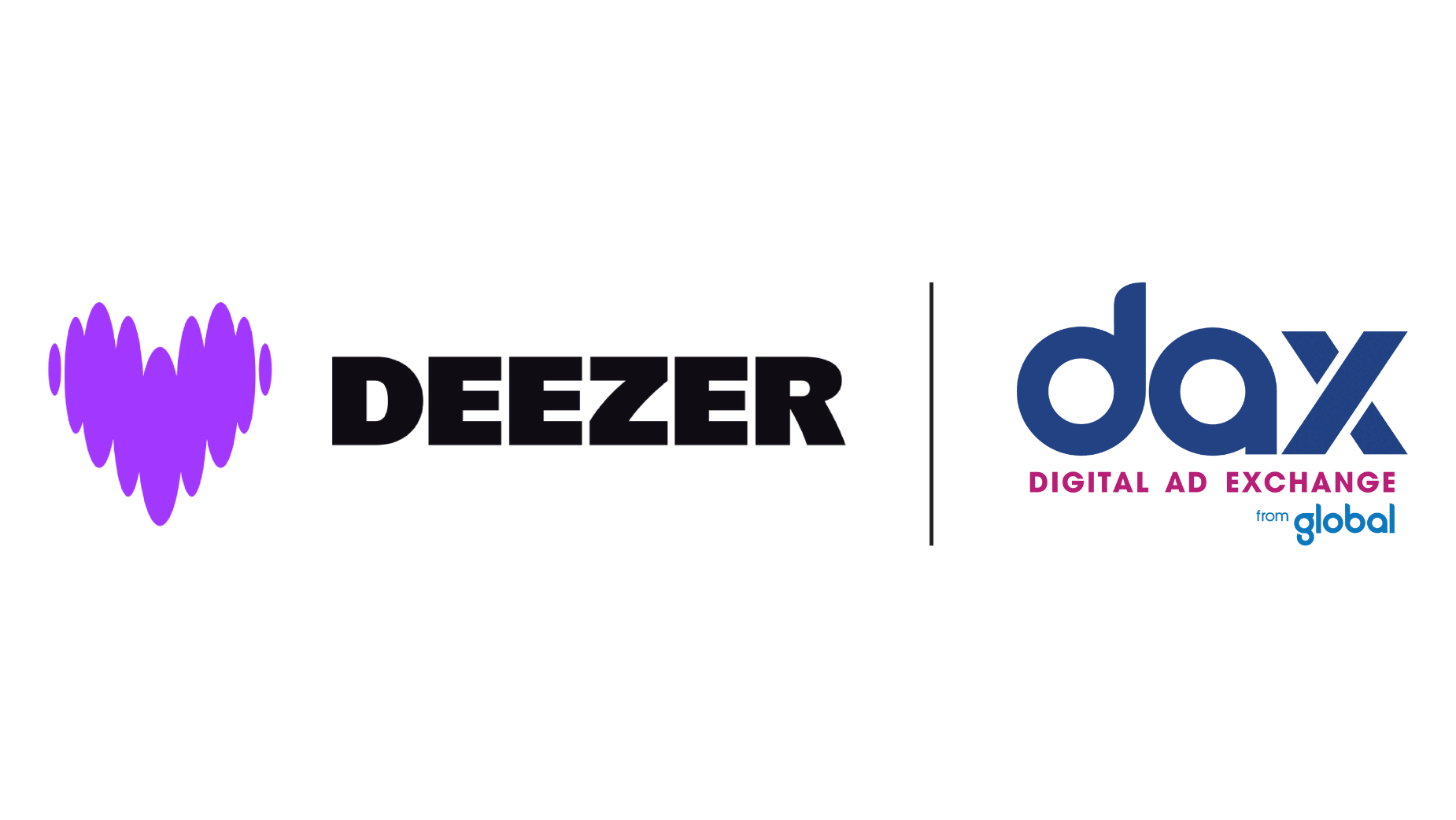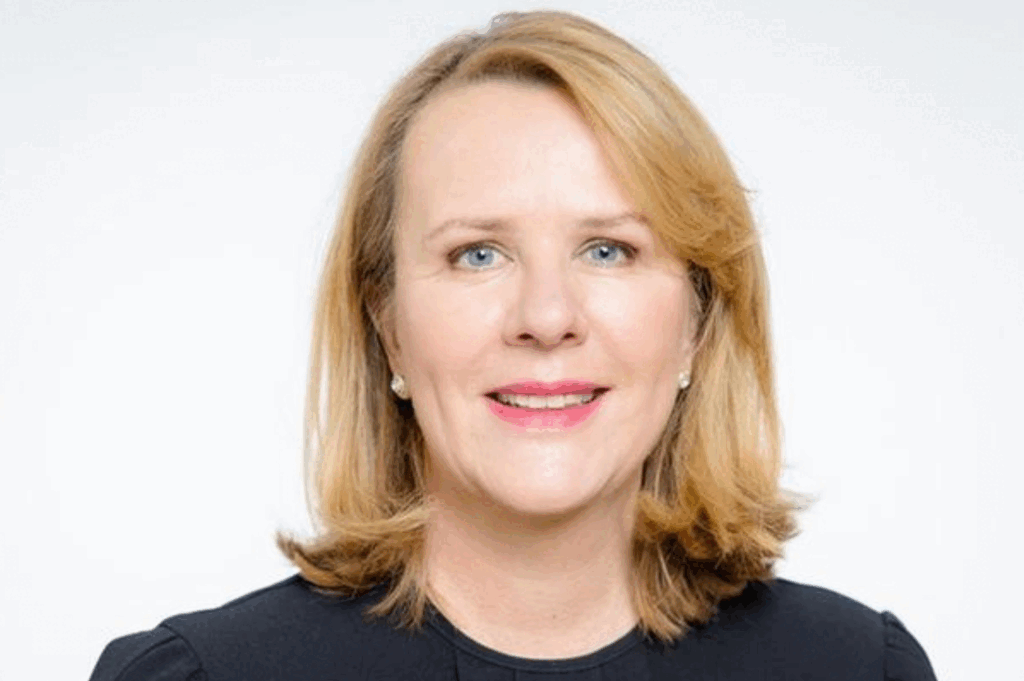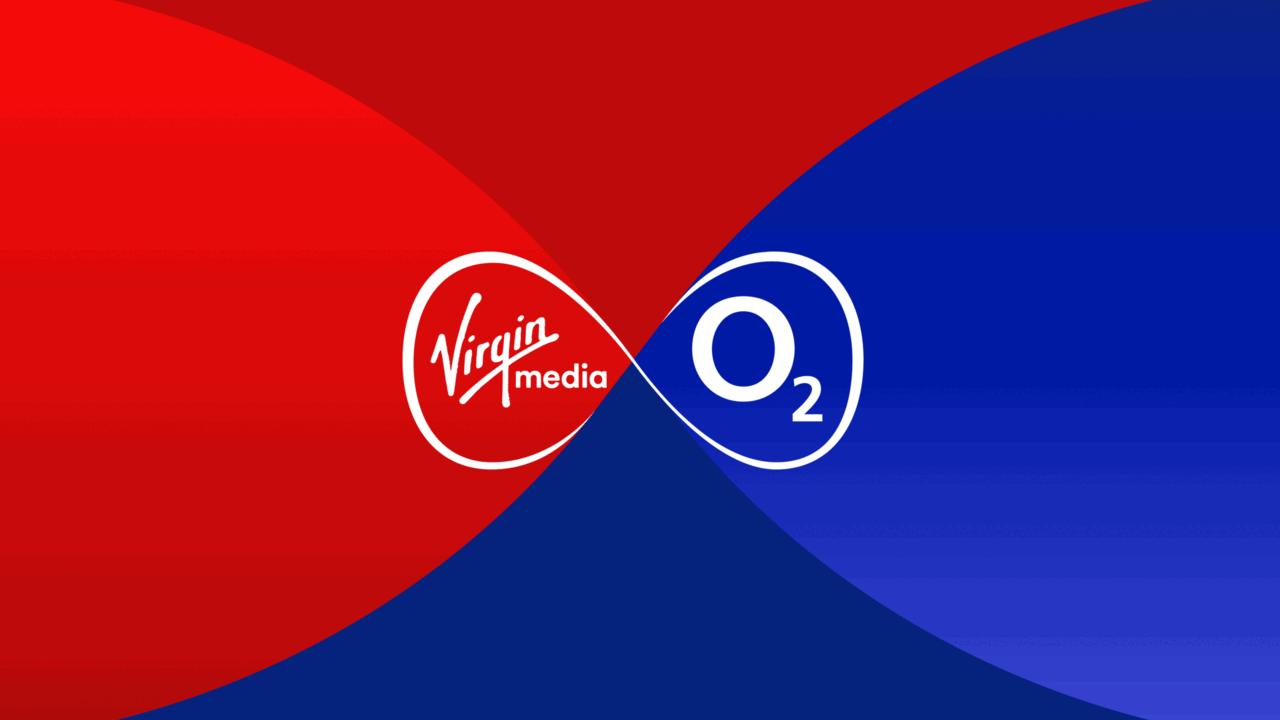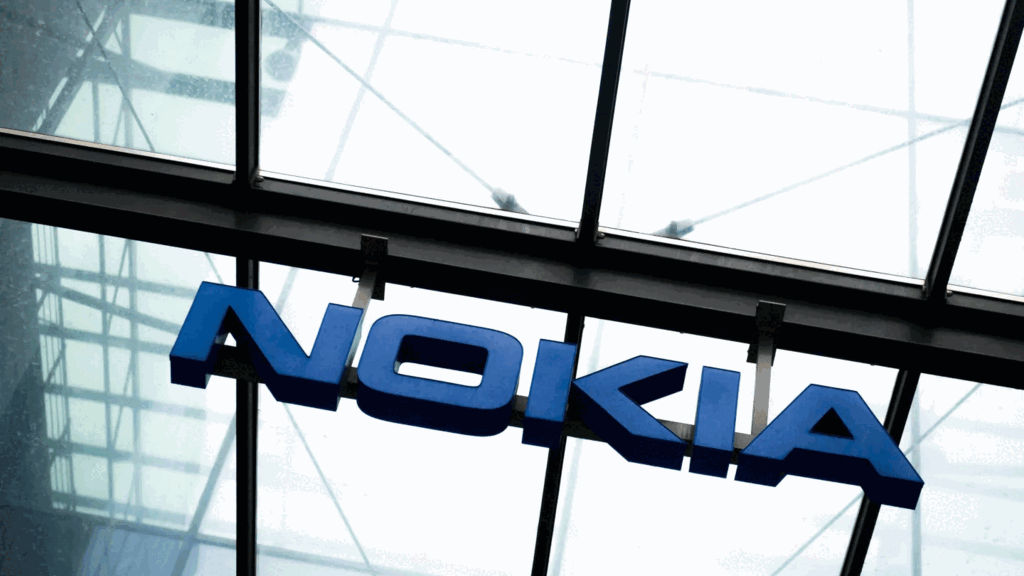AWS leads Amazons growth in Q2
- Friday, July 27th, 2018
- Share this article:
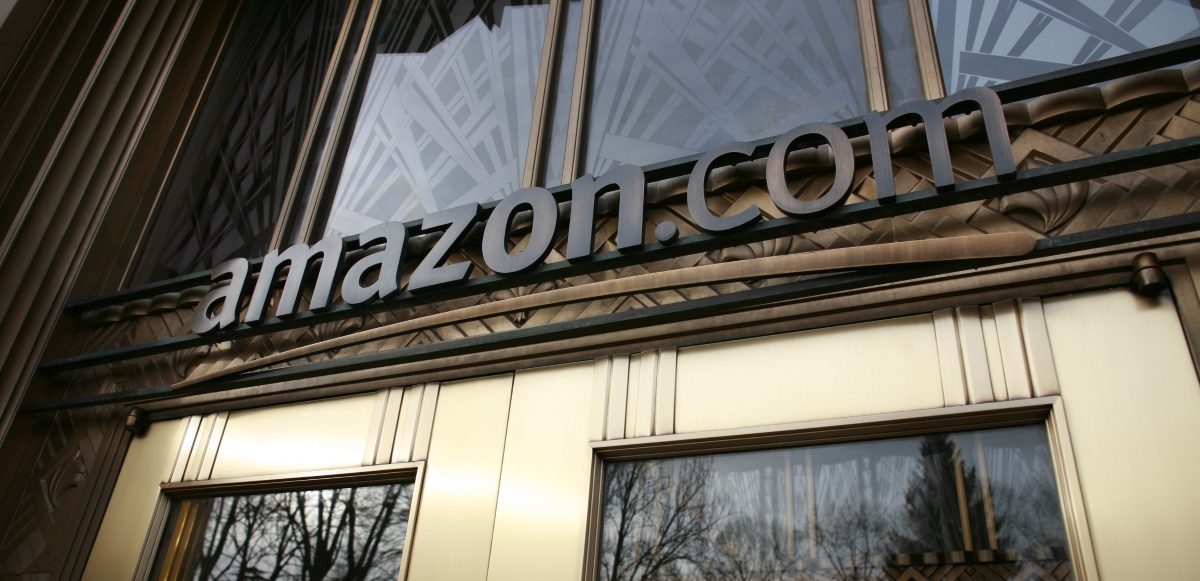 AWS, Amazons web services business, continued to lead growth for the retail giant in its Q2 2018 financial results, growing 49 per cent year-on-year (YoY) and bringing in $6bn (£4.58bn) in revenues in the second quarter alone.
AWS, Amazons web services business, continued to lead growth for the retail giant in its Q2 2018 financial results, growing 49 per cent year-on-year (YoY) and bringing in $6bn (£4.58bn) in revenues in the second quarter alone.
Overall, Amazons Q2 results were more or less in line with market predictions, with operating cash flow up 22 per cent YoY to $21.8bn. Net sales were up 39 per cent to $52.9bn, compared to $38bn for the same quarter last year, and net income was $2.5bn, or $5.07 per diluted share.
While revenue-per-share was almost double what analysts were expecting, net sales feel short of investor predictions, leading to the companys stock remaining more or less steady in after-hours trading. Amazon is still in the race to become the first company with a market capitalisation of $1 trillion, alongside Apple, Microsoft and Google.
“AWS had its third consecutive quarter of accelerating growth, 49 per cent FX-neutral growth,” said Brian T. Olsavsky, Amazons chief financial officer. “Advertising also had strong growth. Elsewhere we saw probably better than expected efficiencies in operations, our infrastructure costs, and generally all of our fixed costs.”
AWS announced several new enterprise customers during the quarter, including Ryanair and Epic Games moving the entirety of their operatings onto AWS, 21st Century Fox choosing AWS for the vast majority of its workloads, and Verizon (including Oath) selecting AWS as its preferred public cloud provider.
Speaking on the companys recent acquisition of PillPack, Olsavsky said “We expect to close it in the second half of the year, so Ill limit my comments right now. But were excited. I think the company has a really highly differentiated customer experience, and theyve done a great job getting to the size and scale that theyre at today. We think that, working together with them we can expand on that in the future.”
With 39 per cent growth in sales and the firm closing in on a trillion-dollar valuation, many retailers are worried about Amazons dominance of the market, but those concerns arent impacting consumers. According to Walker Sands 2018 Future of Retail study, only 11 per cent of consumers are concerned about Amazon gaining a monopoly, while 42 per cent receive one to two packages from Amazon every week.
In his prepared comments, CEO Jeff Bezos chose to focus on the growth of Amazons digital voice assistant Alexa, which expanded to new products via Alexa Voice Service, added new capabilities, reached 45,000 third-party skills and launched its Alexa for Hospitality version during Q2.
“We want customers to be able to use Alex wherever they are,” said Bezos. “There are now tens of thousands of developers across more than 150 countries building new devices using the Alexa Voice Service, and the number of Alexa-enabled devices has more than tripled in the past year. Our partners are creating a wide variety of new Alexa-enabled devices and experiences, including soundbars from Polk and Sonos; headphones from Jabra; smart home devices from Ecobee and First Alert; Windows 10 PCs from Acer, HP, and Lenovo; and cars from automakers including BMW, Ford and Toyota.”
“Though Alexa is not the main driver of revenue, Amazons innovation focus and expertise in voice technology is a huge brand awareness bonus,” said Thor Johnson, CEO of inRiver. “Combined with its core business and background in online commerce, the firm is a leader in optimising product to fit each customers context and needs across all channels.
“With voice shopping expected to hit £30bn+ across the US and UK by 2022, custoemrs no longer search for brands but categories. This, optimisation of content and product information is crucial for reaching consumers and brands should look to Amazon for best practice if they want to succeed in this emerging voice environment.”




